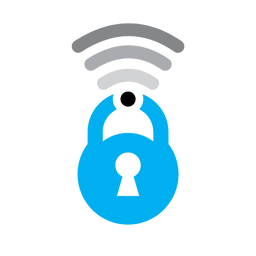Decentralized Social Media: The Future of Online Privacy?

Explore the concept of decentralized social media platforms and how they could offer better privacy controls and less data exploitation than traditional platforms.
In the era of big data, maintaining privacy on social media platforms is an increasingly pressing issue. Traditionally, social media platforms operate on centralized networks where a single entity has control over all data and interactions. However, a new trend is emerging in the form of decentralized social media, promising enhanced data privacy and control for users. This article explores decentralized social media and its potential impact on online privacy.
Understanding Decentralized Social Media
In a decentralized social media model, no single entity owns the network. Instead, the platform is run by its users, using blockchain technology or other distributed ledger technologies. This decentralization allows users to control their data, who sees it, and how it's used. The network is typically censorship-resistant and offers greater transparency than traditional models.
Advantages of Decentralized Social Media
- Data Ownership: In decentralized platforms, users have complete control over their data. They can decide what to share and with whom, reducing the risk of data misuse.
- Privacy: As there's no central authority collecting and storing user data, the risk of large-scale data breaches is significantly reduced. User data is stored across the network, encrypted and only accessible with the user's permission.
- Censorship Resistance: Centralized platforms can control content distribution, leading to potential censorship. On decentralized platforms, all users have an equal chance to be heard, contributing to a free and open internet.
- Monetization Opportunities: Some decentralized platforms allow users to monetize their content without going through a central authority, offering a more equitable distribution of revenue.
Decentralized Social Media Examples
Platforms like Mastodon, Diaspora, and Steemit are examples of decentralized social media.
- Mastodon: It's a free and open-source platform that lets users host their server—called an instance—while connecting with others on their servers. This decentralization prevents any single server from monopolizing the network.
- Diaspora: Here, users join independently run servers—known as pods—that interconnect. You own the data you share and decide the privacy settings.
- Steemit: This blockchain-based platform allows content creators to earn cryptocurrency for popular content, fostering a creator-friendly environment.
Challenges for Decentralized Social Media
Despite its potential, decentralized social media faces challenges. User experience on these platforms can be complicated, which might deter non-technical users. Also, the lack of a central authority can make moderating content and combating misinformation difficult. Additionally, achieving widespread adoption compared to established platforms like Facebook or Twitter is a significant hurdle.


Conclusion
As we move further into the digital age, online privacy is becoming scarce. Decentralized social media offers a promising alternative to traditional platforms by placing control back into the users' hands. However, for this model to become mainstream, it must overcome its existing challenges and strike a balance between complete decentralization and effective moderation. Regardless of the hurdles ahead, decentralized social media represents a fascinating shift in our approach to online communication, and its evolution will undoubtedly continue to redefine our perception of online privacy.






